Helpful Tips to Being a Great Advocate for Your Child
/What is an Advocate?
Webster’s dictionary defines an advocate as someone who “pleads the case of another”. Children with special needs or ongoing medical issues present a unique situation that requires an advocate willing to work hard on their behalf. As a parent, you should ask yourself, “Who is the most qualified to fight for my child?” Who is going to work harder than you to make sure your child receives everything they need? The answer, of course, is YOU. You as the parent are more qualified than anyone else. Being an advocate for our children is one of the most important hats we wear as parents.
However, fulfilling this role is not always easy. The definition above doesn’t claim that advocates are perfect or always make the right decision for those we’re working for. You WILL make mistakes. Accepting this fact now will make you a more effective advocate for your child in the long run. Don’t doubt yourself. Don’t dwell on mistakes. Look forward and know that because you have your child’s best interest at heart, you’re going to be successful.
Be prepared
It has often been said that success is when preparation meets preparedness. You’re not going to be a successful advocate for your child by being lucky. You have to be prepared. Whether you are advocating for medical needs, financial assistance, or education services, you need to develop a purposeful plan to effectively advocate for your child.
1.) Ask Questions. What are you child’s needs? What are your child’s goals? What are you hoping to accomplish? Answers rarely come unless questions are asked first.
2.) On Paper. On Purpose. Simply thinking through things is not an effective means for developing a plan. You have to write it down! Create a list of what you want to accomplish. As question arise, write them down so you can remember to find answers.
3.) Organize. Don’t Agonize. Organization solves a lot of problems. Be sure to file and keep good records of all medical, school, and other important documents. Keep a list of all contacts, for example doctors, service providers, social workers, home health, and any support system you might have during your family’s journey.
Be professional
As humans, it is our natural tendency to react when obstacles get in our way. It is so easy to become frustrated when various roadblocks prevent us from doing what we know is best for our children. Many parents have allowed frustration to turn into anger and have allowed anger to fuel their actions. Successful advocates realize that positive outcomes are the result of positive attitudes. Pleading your case with professionalism, not anger, will always yield better results.
Become an expert
Part of being prepared, and being professional, is equipping yourself with knowledge. Being your child’s advocate is no small task. To be effective, you may need to learn medical terminology, disability laws, the special education system, and various other services provided by a number of agencies. Expertise is not developed overnight, but you have to start somewhere.
1.) Find resources to educate yourself by any means necessary. Take an all of the above approach to finding information. The internet, books, medical journals and other people can all prove to be valuable resources. Be cautious that the information you are using is from a reliable source.
2.) Study state, federal and education laws that affect your child. Know your rights and responsibilities.
3.) Contact agencies and service providers to learn what resources are available to you.
4.) Ask questions and don’t settle until you find the answers. Don’t be afraid to call after a doctor’s appointment to ask questions that you may not have thought of while in their office. Seek out other sources if you don’t find the answers you’re looking for from you first option.
5.) Make connections with other parents that understand your journey. These are individuals who have been where you are and are often the most willing to help.




